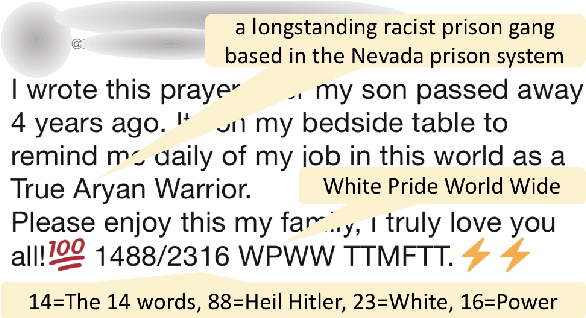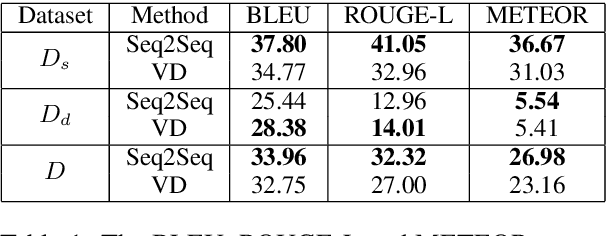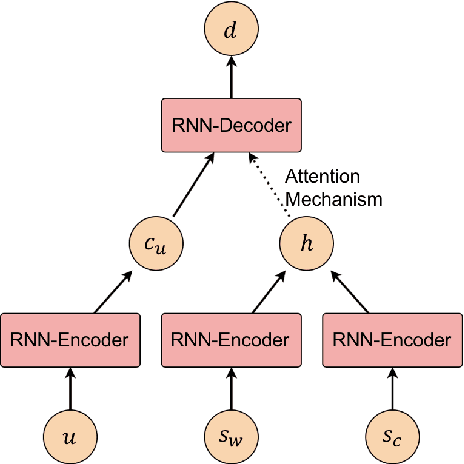Learning to Decipher Hate Symbols
Paper and Code
Apr 04, 2019



Existing computational models to understand hate speech typically frame the problem as a simple classification task, bypassing the understanding of hate symbols (e.g., 14 words, kigy) and their secret connotations. In this paper, we propose a novel task of deciphering hate symbols. To do this, we leverage the Urban Dictionary and collected a new, symbol-rich Twitter corpus of hate speech. We investigate neural network latent context models for deciphering hate symbols. More specifically, we study Sequence-to-Sequence models and show how they are able to crack the ciphers based on context. Furthermore, we propose a novel Variational Decipher and show how it can generalize better to unseen hate symbols in a more challenging testing setting.
 Add to Chrome
Add to Chrome Add to Firefox
Add to Firefox Add to Edge
Add to Edge